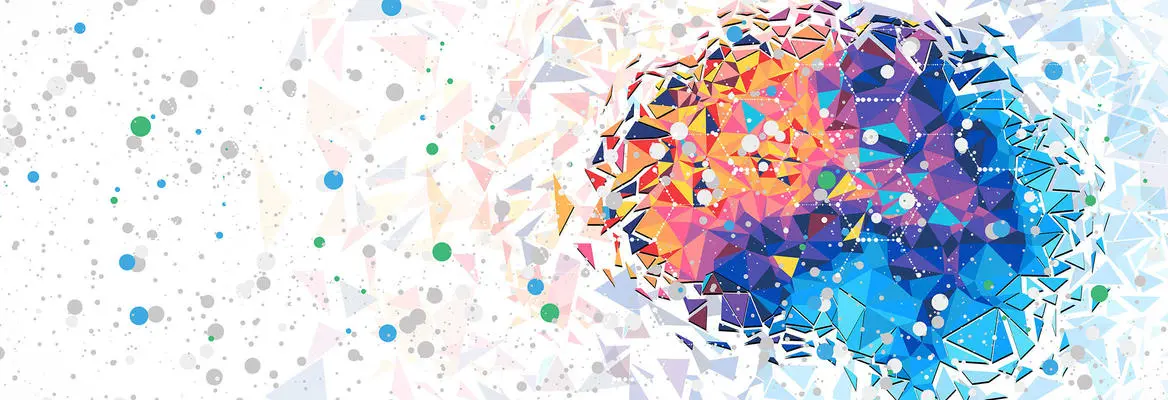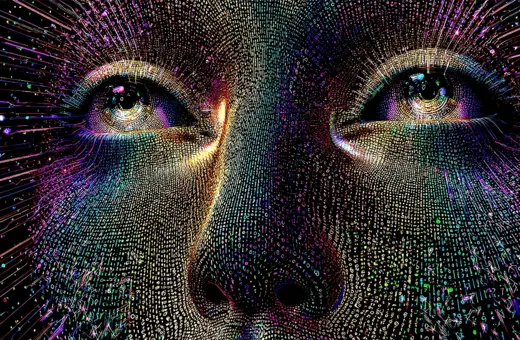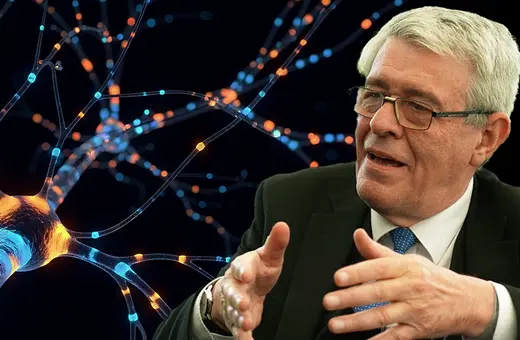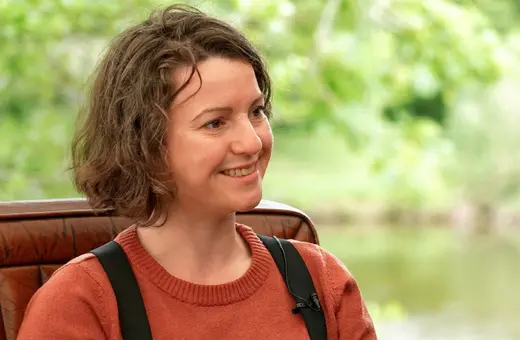Imagine looking into the mirror and not recognising the face that greets you. What might it be like to sit in a room full of visitors each claiming to know you well, yet you have no knowledge of who they are. Consider the experience of asking to go home, only to be told repeatedly that this unfamiliar building is your home and has been for many years…
How much of who we are is shaped by memory? Scientists, philosophers, artists, poets, and musicians alike have all grappled with the notion of the self – that seemingly immutable and enduring sense of who we are, steadfast in the face of life’s many vicissitudes. Within the field of cognitive neuroscience, we have yet to find a universal definition of what the self does and does not encapsulate, or how we might go about operationalising and measuring this nebulous construct. It is clear that there is no single entity that we can label “the self” and certainly no neat neural substrate that we can pinpoint in the brain as supporting this construct. What is becoming increasingly clear, however, is that the self is intimately connected to memory.
Humans possess an innate proclivity to derive meaning, stability, and continuity from our personal or autobiographical experiences. As we navigate different periods of growth and change, we distil meaning from these life-changing events and incorporate them into our view of who we are as an individual. This contributes to our sense of morality, our preferences, our ambitions, and our conception of who we might become in the future. The central role of memory in shaping our view of ourselves has led many to suggest that the converse relationship must also hold, whereby memory loss necessarily erodes the self.
It is clear that there is no single entity that we can label “the self” and certainly no neat neural substrate that we can pinpoint in the brain as supporting this construct.
Loss of memory is one of the canonical symptoms of Alzheimer’s disease. In early stages of the disease, an anterograde memory loss predominates, whereby the individual is unable to form new memories. This can manifest in the person being unable to follow conversations, to remember recent experiences, misplacing items, or forgetting where they parked the car. Gradually, as the disease advances, retrograde amnesia becomes pronounced, whereby the memories acquired prior to the onset of dementia are affected. It has been argued that, in the absence of supportive memories related to oneself, we cease to have a unified or coherent self-concept. Where dementia is concerned, this has given rise to a slew of pejorative terms implying a lack of agency, unbecoming, or erosion of the self. The individual is viewed as frozen in time, unable to make sense of their surroundings, and relegated to the background in many areas of their life.
Yet, memory is not completely eradicated, and many residual and self-defining memories persist in dementia. These islands of memory often stem from childhood and early adulthood; those critical time periods in which we carve out our sense of identity and place in the world. What results is a profound discontinuity between the individual’s own view of themselves, their roles, social relationships, and even physical appearance, with that of their family, spouse, or carer.



















Join the conversation